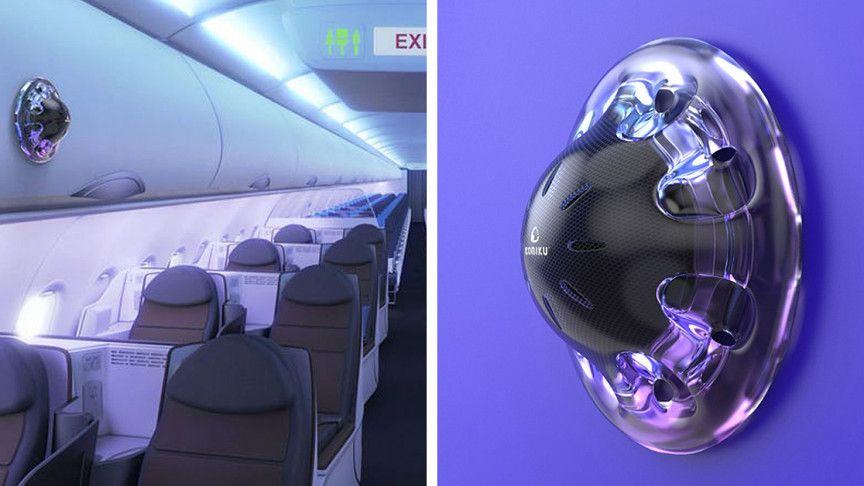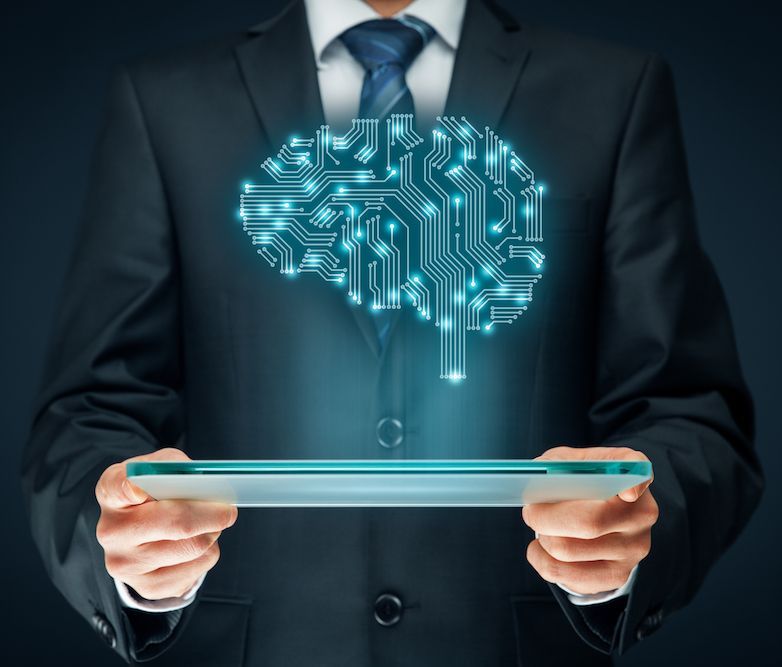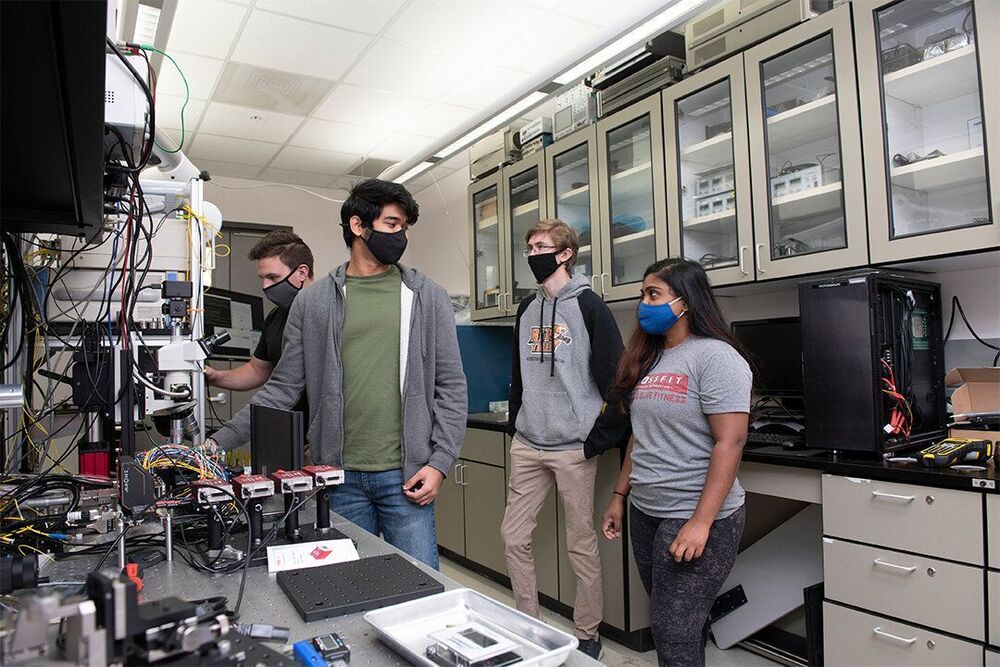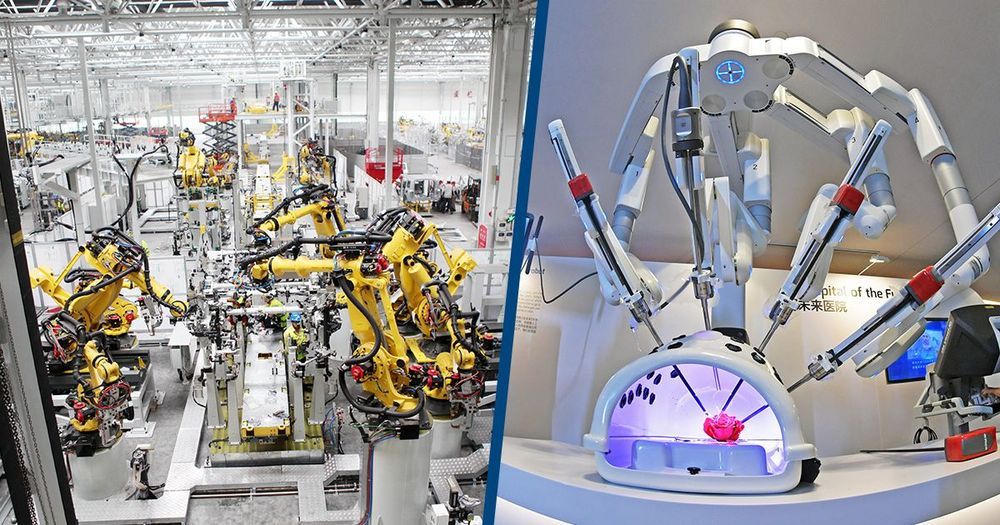Hydropower has been around for more than a century, and is currently the nation’s largest source of clean, domestic, renewable electricity. What could its role look like in the year 2050?
Providing about 7 percent of the nation’s electricity, hydropower supports more than 143, 000 jobs in engineering, manufacturing, construction and utility operations and maintenance — all while improving the environment and strengthening our economy. Additionally, pumped-storage hydropower represents 97 percent of all energy storage in the United States, offering the flexibility and reliability the electricity grid needs to deliver affordable clean energy to American homes and businesses.
So what does the future of hydropower look like? To answer that question, over the past two years the Energy Department has collaborated with more than 300 experts from more than 150 hydropower industry companies, environmental organizations, state and federal governmental agencies, academic institutions, electric power system operators, research institutions and other stakeholders to explore how it could evolve in the coming decades.








